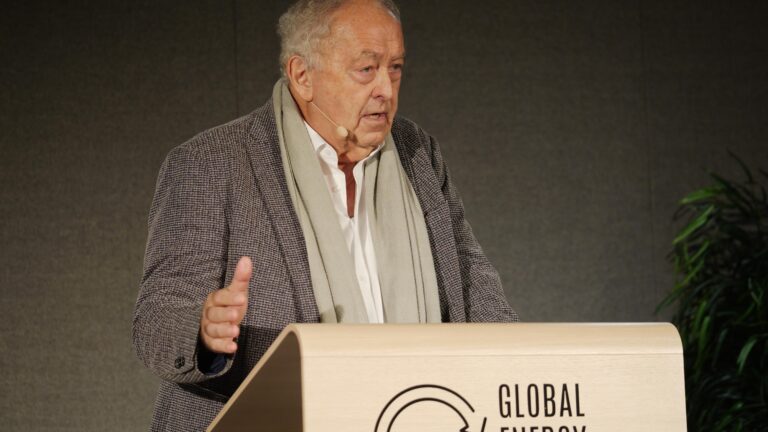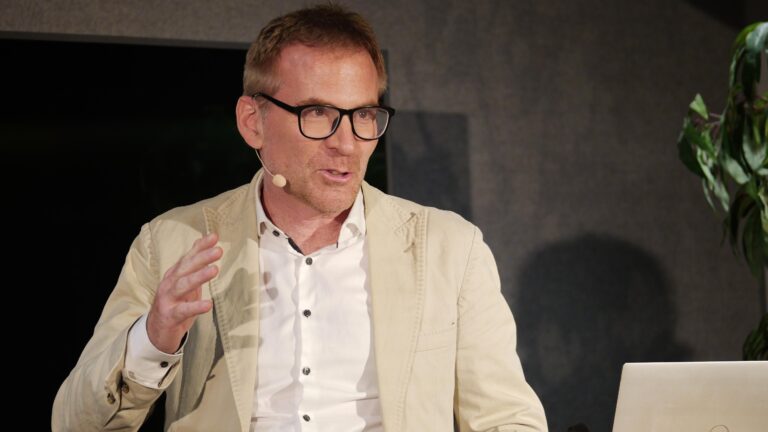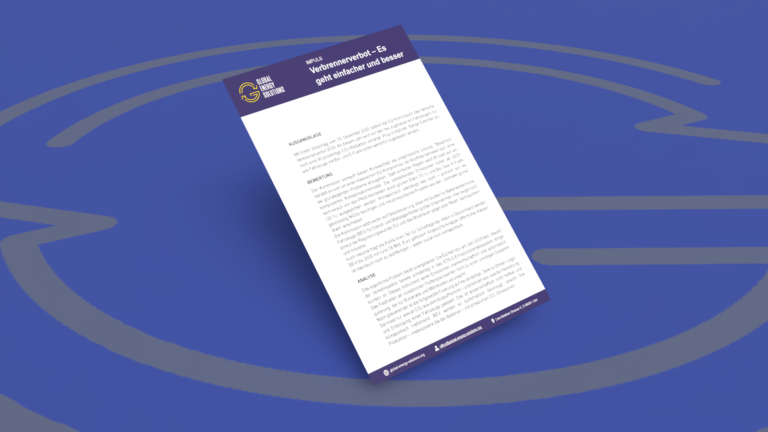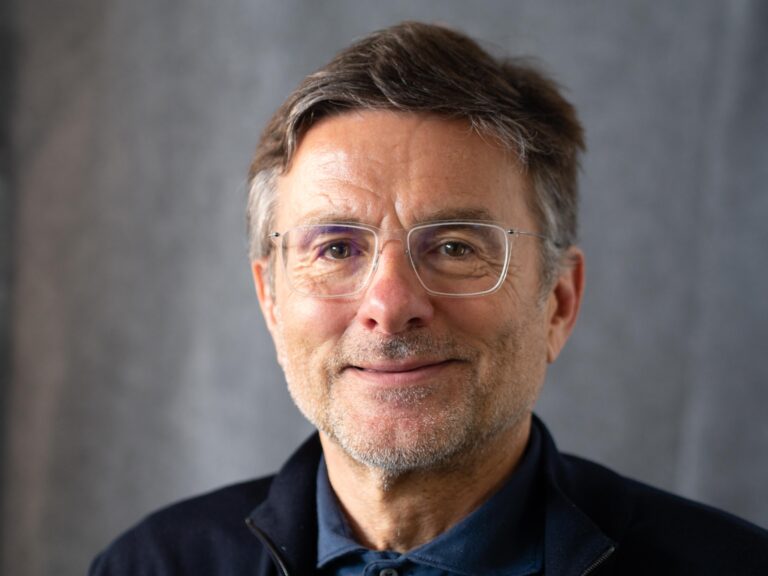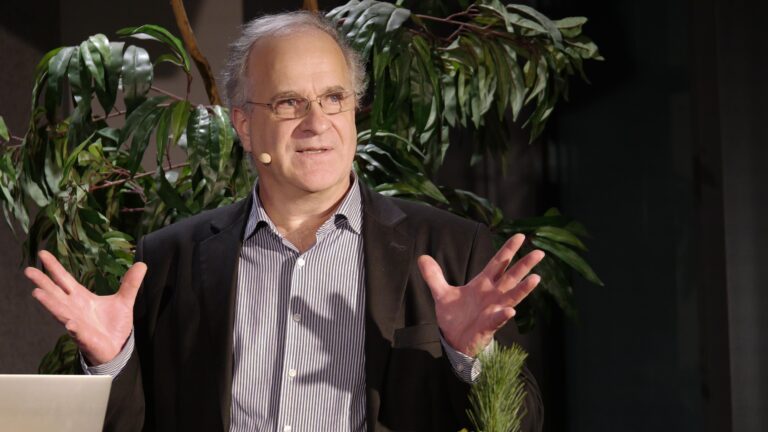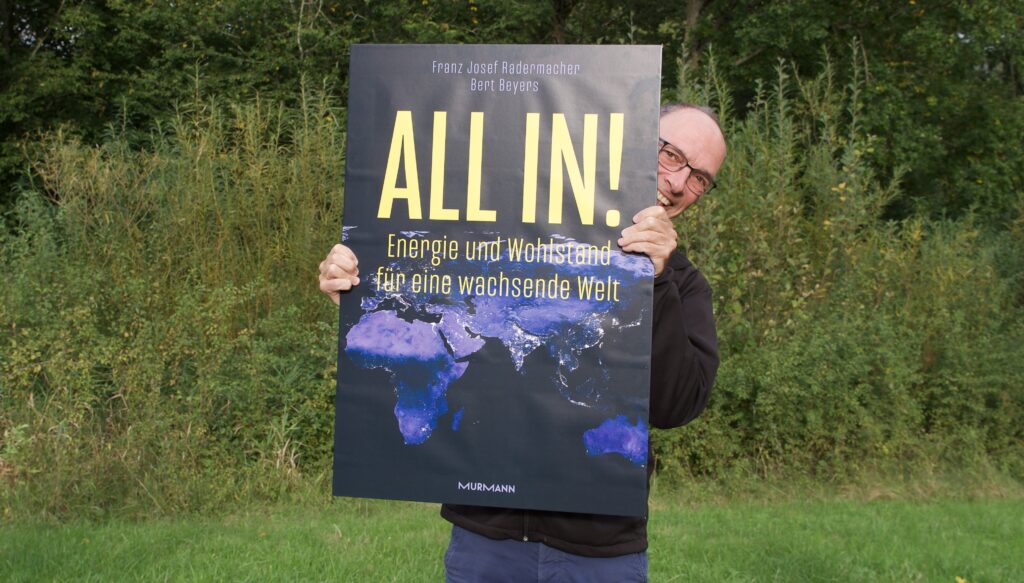News

Subscribe to our newsletter
- Articles
GES video: The lights could go out in Germany
Read onThe walls of Germany’s “climate prison” (Franz Josef Radermacher) are getting thicker and thicker. In …
- Articles
Video: The Carbon Paradox – A Climate Action Drama
Read onHere we document a lecture by Renat Heuberger, co-founder of South Pole, author, and investor, …
- Publications
Nuclear fusion
Read onWhen will nuclear fusion be commercially viable at the earliest? Experts say: realistically, not until …
- Impulspapiere, Publications
Is the combustion engine ban coming to an end?
Read onWith its proposal of December 15, 2025, the EU Commission wants to relax the de …
- Publications
Brazilian forest plantations
Read on“Verschollen – Schmutzige Geschäfte mit dem Klimaschutz” (Lost – Dirty Deals with Climate Protection) is …
- Articles
Obituary Heribert Offermanns
Read onGlobal Energy Solutions mourns the loss of its curator Prof. Dr. Dr. h.c. Heribert Offermanns, …
- Articles
Video: Strategic methanol storage projects in Europe
Read onSilent Power is a Swiss company that has set itself the goal of accelerating the …
